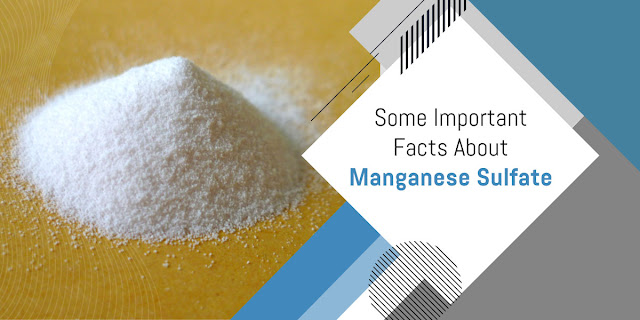Uses of Formaldehyde 37%
A popular precursor to more complex compounds and materials is formaldehyde. Formaldehyde-derived products include urea formaldehyde resin, melamine resin, phenol formaldehyde resin, polyoxymethylene plastics, 1,4-butanediol, and methylene diphenyl diisocyanate, in roughly decreasing order of consumption. To render crease-resistant fabrics, the textile industry uses formaldehyde-based resins as finishers.
Formaldehyde produces strong thermoset phenol formaldehyde resin, urea formaldehyde resin, and melamine resin when it is treated with phenol, urea, or melamine. These polymers are used in plywood and carpeting as permanent adhesives. They're also foamed for insulation and cast into moulded products. Formaldehyde resin production accounts for more than half of all formaldehyde consumption.
Palvi Chemicals is one of the leading Formaldehyde
37% suppliers in Morocco.
Niche uses:
Disinfectant and biocide:
Since formaldehyde in an aqueous solution kills most
bacteria and fungi, it can be used as a disinfectant (including their spores).
It is used in the manufacture of vaccines to inactivate toxins and viruses.
While being present at levels that are not normally considered harmful, they
have been known to cause allergic contact dermatitis in some sensitised individuals.
The parasites Ichthyophthirius multifiliis and
Cryptocaryon irritans are treated with formaldehyde by aquarists.
Tissue fixative and embalming agent:
Tissue or cells are preserved or fixed with
formaldehyde. Cross-linking of primary amino groups is involved in the process.
Because of its carcinogenic properties, the European Union has banned the use
of formaldehyde as a biocide (including embalming) under the Biocidal Products
Directive (98/8/EC).
Drug testing:
Marquis reagent is made up of formaldehyde and 18 M
(concentrated) sulfuric acid, and it can be used to classify alkaloids and
other compounds.
Photography:
Formaldehyde is used in photography in low
concentrations as a process C-41 (colour negative film) stabiliser in the final
wash stage, as well as in the process E-6 pre-bleach step, to eliminate the
need for it in the final wash.



Comments
Post a Comment